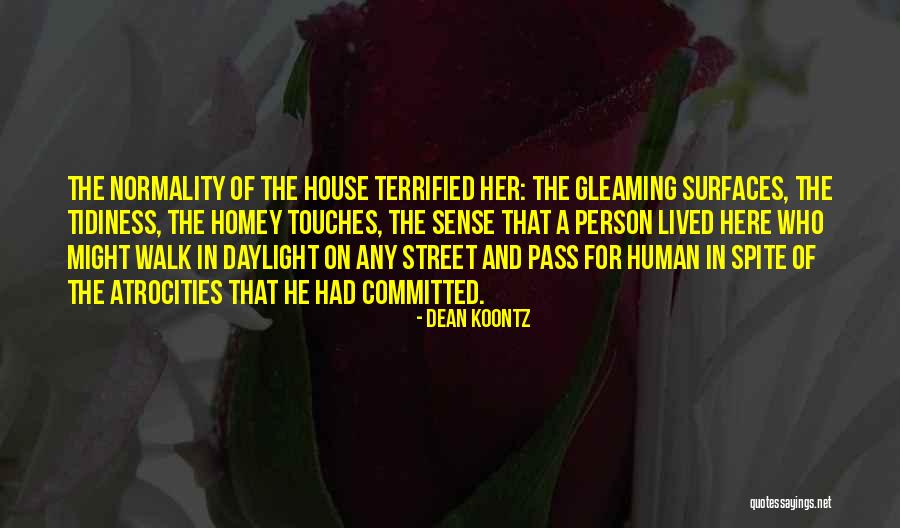

He also took on the translation into German of some poems from my Holocaust-centered book, Khurbn, & its extension into a series of gematria-based poems, 14 Stations, published in 2000 by Ralf Zühlke’s Stadt Lichter Presse in Berlin. I was as much taken by his English poetry & his Buddhist practice & Chinese scholarship as by anything else I knew about him. Some of these concerns involved poets & friends we had in common, largely those around the poet & artist Franco Beltrametti, many of whom Stefan was then publishing in his largely English-language magazine Gate. I first met him sometime in the middle 1990s & felt an immediate friendship & a wide range of shared concerns.

Stefan Hyner is a poet of remarkable means, living where he grew up – in Brühl-Rohrhof, near Heidelberg – with connections & interconnections far beyond his original home. When we ask about the lesson of his death With his finger on the spring he brings them down It will be the way we saw him once & froze Until the other gauleiters come riding in Will leave the country bare without a trace Will still keep running as the rabbits will & the spray that cleans the flesh out of his teeth & no rabbit will escape the hunter’s trapīecause the murderers are there in every generation & such justice is the province of the powerful The passion of this man to kill he reads as justice Until he drives his teeth into the other’s neckīut will say of him as it has always done Of the dream ….their motion thrusts them forward
POEMS ABOUT TIDINESS HOW TO
How to keep the house clean, but at night He is the author of, among others, The Secret Library: A Book-Lovers’ Journey Through Curiosities of History and The Great War, The Waste Land and the Modernist Long Poem.In which a scream breaks forth at intervals The author of this article, Dr Oliver Tearle, is a literary critic and lecturer in English at Loughborough University. We also recommend The Oxford Book of English Verse – perhaps the best poetry anthology on the market (we offer our pick of the best poetry anthologies here). Yet although the poet begins by rejecting party invitations, preferring his own company, his knowledge of the beckoning grave makes him reconsider…Ĭontinue to explore classic poetry with these short poems about death and dying, these poems about hair, and these erotic and sensual poems. ‘Funny how hard it is to be alone’, muses Larkin in this poem, which is ‘anti-social’ in the most literal sense. Suddenly, he is surrounded by a sea of people, none of them cares for him – he is in a city of millions of souls, but has never felt more alone. One of the 63 poems that make up Housman’s most famous volume of poems, A Shropshire Lad (1896), this poem written in rhyming couplets is about the change the ‘Shropshire lad’ feels when he moves from his rural home to the bustling metropolis of London. Housman, ‘ In My Own Shire, If I Was Sad’. Anthony Burgess memorably rewrote the poem’s opening two lines as ‘Laugh and the world laughs with you, snore and you sleep alone.’ĩ.

Parsons’ The Joy of Bad Verse – but even her detractors have to admit that ‘Solitude’ succeeds, and certainly remains successful as a piece of poetry about solitude. This loneliness is ‘The Horror not to be surveyed - / But skirted in the Dark - / With Consciousness suspended - / And Being under Lock’.įor the sad old earth must borrow its mirth,Įlla Wheeler Wilcox (1850-1919) has often been ridiculed – she features in Nicholas T. Dickinson (1830-86) wrote powerfully about loneliness and solitude, and perhaps nowhere more movingly than here, in this poem about a loneliness so profound that we can’t even bring ourselves to confront it for fear of being overwhelmed. So begins this evocative poem about loneliness. Emily Dickinson, ‘ The Loneliness One Dare Not Sound’. The sentiment is, indeed, something that many of us can relate to from our teenage years and youth:ħ. Like Keats’s sonnet ‘To Solitude’, this poem was written when the poet was still very young – in Poe’s case, only 21. Keats says that if he must be alone, he would rather be on his own in pleasant surroundings rather than in a city populated by ‘murky buildings’. Keats begins this early sonnet, written when he was just 19 years old, by talking, almost paradoxically, of dwelling with solitude.


 0 kommentar(er)
0 kommentar(er)
